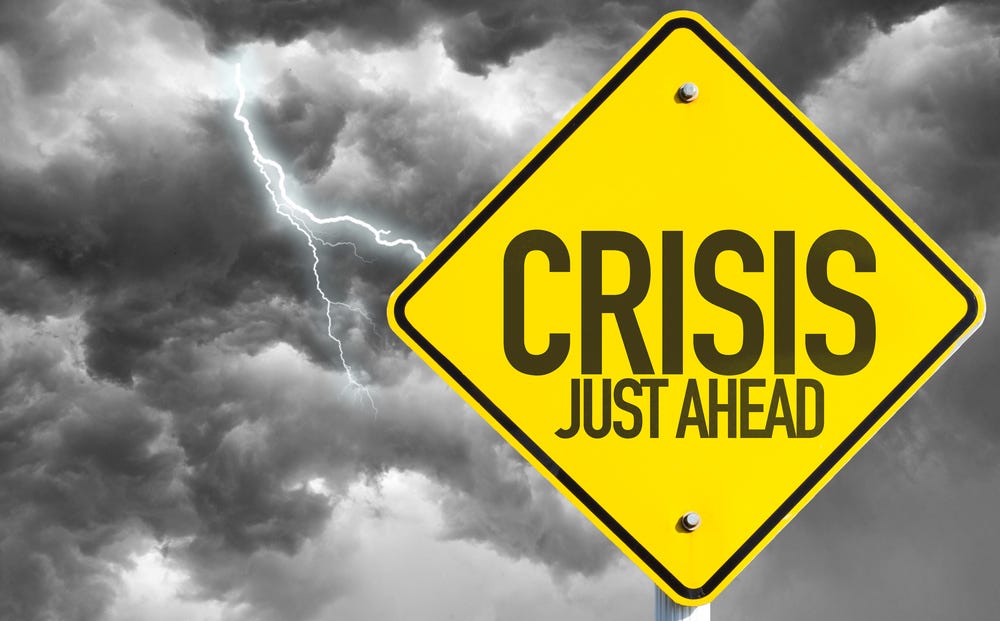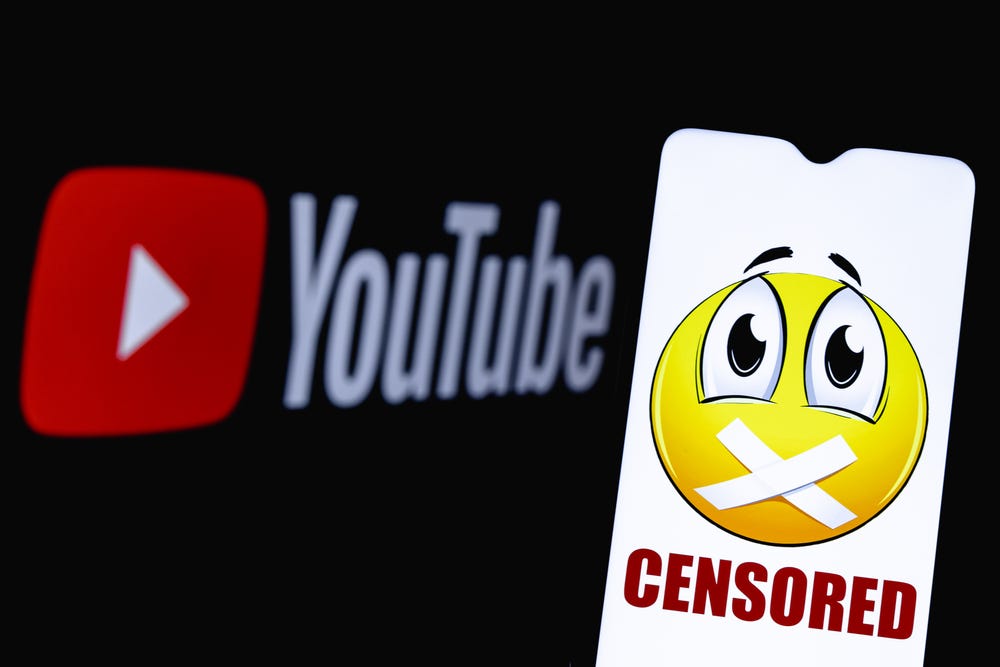E-Pluribus | August 12, 2021
Everything as crisis, Youtube and automated censorship, and James Baldwin's radical views on race.
A round up of the latest and best writing and musings on the rise of illiberalism in the public discourse:
Matthew Yglesias: The Case against Crisis-Mongering
The writer of Ecclesiastes warned against asking, “How was it that the former days were better than these?” At his Substack Slow Boring, Matthew Yglesias says that a lot of writers these days similarly seem to think our current crises are unprecedented in human history and this leads to an attitude that is “fundamentally illiberal.”
[…] I think there are a lot of writers around these days propagating a fundamentally false and unsubstantiated notion that we are living through some acute “global social, political, and economic crises.” But while Heer critiques liberals as incapable of reckoning with the extent and severity of the crisis, I think it’s just the opposite — the crisis-mongering outlook is fundamentally illiberal and harmful.
Though even here, I want to urge people not to overstate the case. Because I think a lot of liberals look at the crisis-mongering insanity from the left and right and say to themselves that we are living through a crisis of liberalism, but I don’t think that’s really true either. I would say that we are living through some problems that are both serious and difficult, but not necessarily any more serious or more difficult than the problems of the past, and certainly not serious in a way that should cause one to doubt the basic tenets of liberalism. And then on top of that, we are living through some pretty ordinary political contestation that, as is inevitable in the course of things, involves some people going overboard at times. But mostly I think we’re living through a time of toxic self-involved drama that threatens to make things worse through twitchy overreaction.
Read it all here.
Matt Taibbi: Meet the Censored: Paul Jay
Though a recent incident involving Youtube and Canadian broadcaster Jay Paul has been largely resolved, Matt Taibbi says it is a good example of the dangers and limitations of social media algorithm-based on content moderation. The lack of nuance-detection continues to lead to unjustified removal or labelling of material that oft times is making the opposite point that our state of the art artificial intelligence divines.
A running theme of controversial content moderation decisions dating back years now (but especially since January 6th) involves aggressive deletions and strikes against smaller, independent outlets who use the same footage permitted in work by larger commercial companies. From Jon Farina of Status Coup having footage of January 6th taken down that was not only used but lauded on channels like CNN (see the TK piece on that subjecthere) to Matt Orfalea and Alison Morrow being censured for “misinformation” for running video of NBC and CNN reports, this has become an increasingly common phenomenon.
It’s great that YouTube fixed the bulk of the decisions in Jay’s case. A cynic might say that his luck in this area might be tied to the anti-Trumpian character of his analysis, but I’m not so sure that’s the case. Even if these companies were trying to apply rules in an ideologically consistent manner, it wouldn’t matter. The real problem is that it’s technologically impossible to exercise human-level judgment in every case, and many of the smaller independent media ventures simply can’t survive algorithmic errors — another factor that will give large media companies a huge inherent market advantage over time.
No matter what your political views, it should be troubling that the question of whether or not the public gets to see real video from important historical episodes like the events of January 6th is dependent on how companies like YouTube define proper “context.” If that definition changes regularly, and is not made public besides, journalism becomes a weird dystopian guessing game.
Read the whole thing.
Sahil Handa: James Baldwin’s Radicalism
Writing at Persuasion, Sahil Handa argues that as much as James Baldwin wrote about race, injustice and the long and difficult road America has been (and still is) on towards a truly equal society, Baldwin wished to downplay the discussion of race itself, but rather focus on relationships and the contributions of individuals towards a better future with race relegated to irrelevance.
[…] Baldwin… was accused of being an assimilationist—a dirty word for an integrationist—but he was also accused of being a militant who refused to recognize the racial progress that occurred during his lifetime. He never personally identified with the “integrationist” label, no matter how many times it was thrown at him. And in 1969, on “The Dick Cavett Show,” he went so far as to tell a predominantly white television audience that the pursuit of integration was equivalent to white supremacy.
Baldwin did not want blacks to be “integrated” into a burning house—and America had, as he saw it, been burning since its beginnings. “I cannot accept the proposition that the four-hundred-year travail of the American Negro should result merely in his attainment of the present level of the American civilization,” he argued. Instead, Americans were in need of new standards for how to live, and black America was the key to finding them: “The price of this transformation is the unconditional freedom of the Negro … the American future is precisely as bright or as dark as his.”
At the same time, Baldwin did not think that the contribution blacks could make to the American project had anything inherently to do with the fact that they were black. “I have great respect for that unsung army of black men and women” in American history, he wrote. However, “I am proud of these people not because of their color but because of their intelligence and their spiritual force and their beauty.”
Read it all.
Around Twitter:
Two short threads on a new, ominous trend in what are essentially rogue university department “endorsements”:
Jay Nordlinger recalls a conversation with historian Donald Kagan about “liberalism”:
Pradheep Shanker highlights a Politico piece on the political divide in public health issues:
And finally, the New York Times is moving to Substack! Just kidding, John McWhorter, one of Substack’s stars, will begin writing a twice a week newsletter for the Times:











